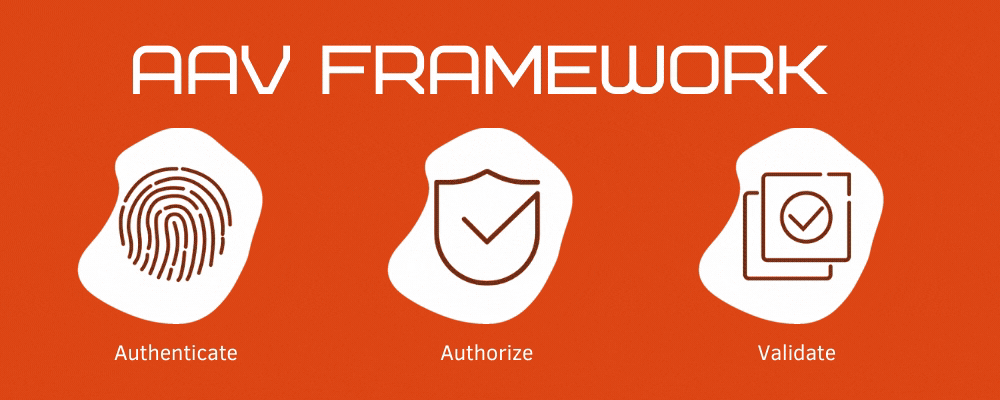Build, Measure, Learn: The MVP Mantra for Startup Success

Many software developers often fall into the trap of overbuilding their initial product release, driven by the fear that their offering might not be compelling enough for users. However, this fear-driven approach can lead to failure due to excessive resource expenditure. A more effective strategy is to start small with a Minimum Viable Product (MVP), significantly increasing the chances of success. The benefits of an MVP extend beyond cost reduction, positively impacting product quality, efficiency, and customer relations.
Here are five compelling advantages that software startups can gain from adopting the MVP approach:
1: Accelerated Development
MVPs enable swift software development, emphasizing an 80-20 approach. By concentrating on essential features and delivering minimal functionality to end-users, developers can reduce the overall development time. The rapid release of a product into the market provides numerous advantages. MVP launches expose the product to market realities early on, allowing startups to learn and adapt to actual market demands, avoiding costly mistakes. The goal is not perfection but identifying core functionalities that meet customer needs promptly.
2: Cost-Effective Development
Embracing MVP principles helps startups maintain a lean budget. Focusing on crucial features that directly address market problems minimizes both launch delays and development costs. Keeping the initial offering simple and minimal avoids overcomplicated coding and projects, preventing overspending during the startup phase. Incremental enhancements based on real market feedback ensure that resources are spent only on validated features, reducing overall expenses in the software development process.
3: Continuous Improvement Opportunities
MVPs provide ample room for improvement. Early adopters are attracted not by extensive features but by solutions to specific problems. This necessitates a careful determination of the value proposition before the MVP release, setting clear product targets and metrics. Focusing on core functionalities in the early stages allows better adaptation to customer feedback, ensuring that additional features align with the original proposition. The gradual nature of growth with the minimum approach enables startups to stay relevant within the competitive landscape.
4: Field Testing
An MVP facilitates progress based on real demand rather than perceived demand. Critical feedback from real users during an MVP launch guides the development of functionalities that truly serve user interests. This feedback loop allows startups to adjust their product based on real-world usage, and if necessary, pivot in a different direction. MVPs offer a flexible and iterative approach, contrasting with the potential risks of allocating resources to a project without adequate validation.
5: Customer-Centric Growth
The innovation adaptation cycle suggests a focus on early adopters during MVP development. Trying to cater to the diverse needs of the majority of customers simultaneously can dilute the concentration on core functionalities. Targeting early adopters provides refined feedback on additional features, validating the product offering sooner and establishing a well-grounded product roadmap for future feature plans.
By leveraging the benefits of cloud-based license management services such as NetLicensing, startups can:
- Accelerate product development: Free up resources to focus on core product development activities.
- Reduce development costs: Minimize the time and effort spent on managing customers’ entitlements.
- Increase agility: Adapt to changing market demands and customer requirements quickly by changing offerings and pricing plans easily.
In conclusion, adopting an MVP approach brings numerous benefits to software startups when they release their first products. By minimizing time, financial investments, and energy, MVPs provide a cost-effective and innovative path to kickstart software projects.
Happy Licensing
Image Credits: NetLicensing



